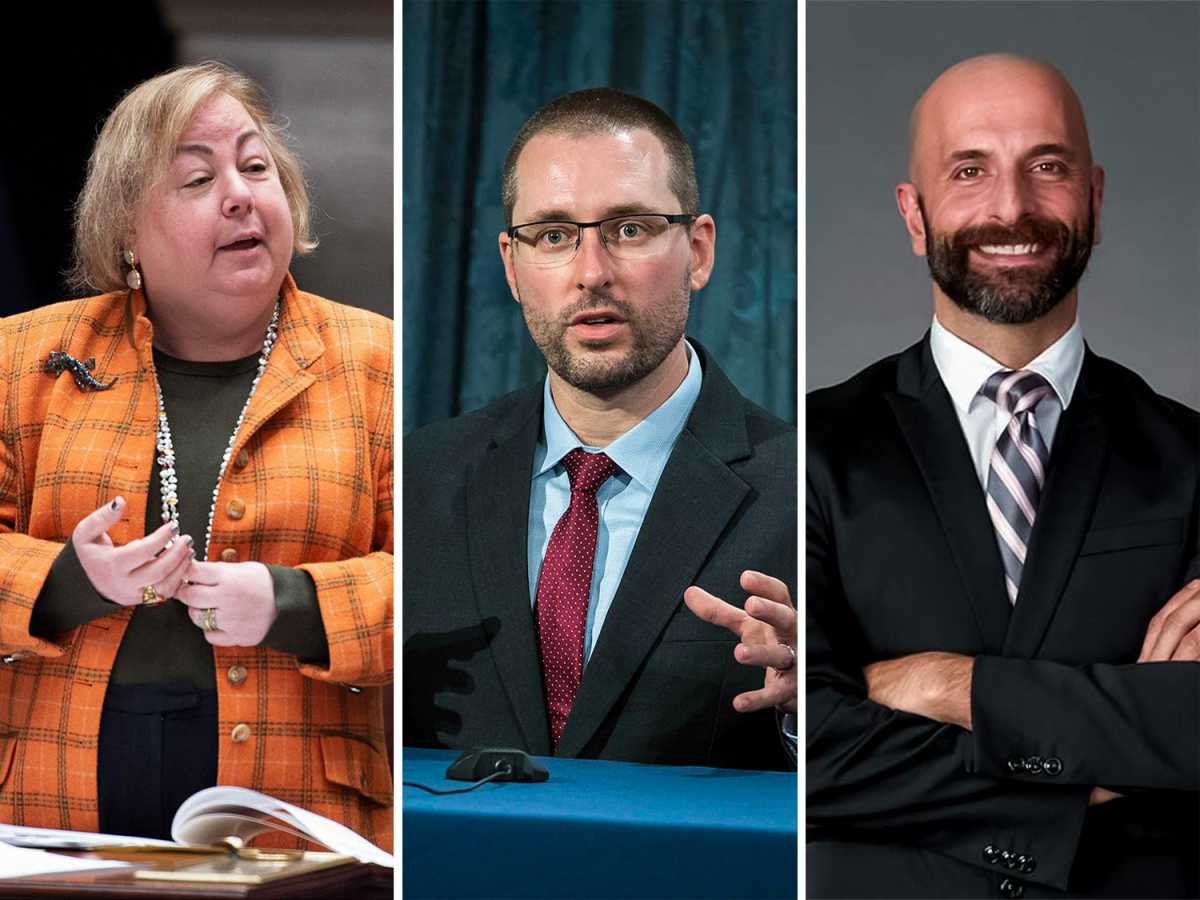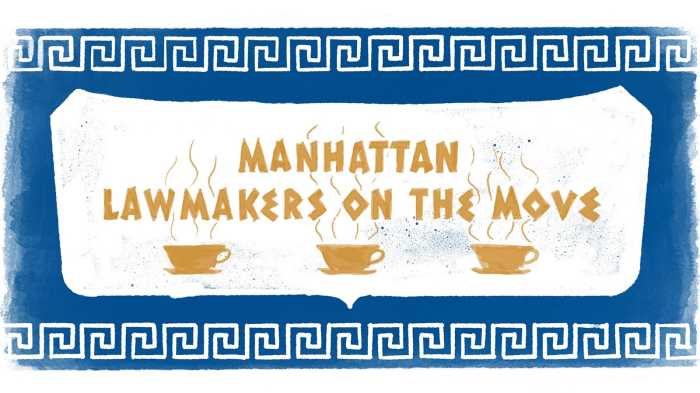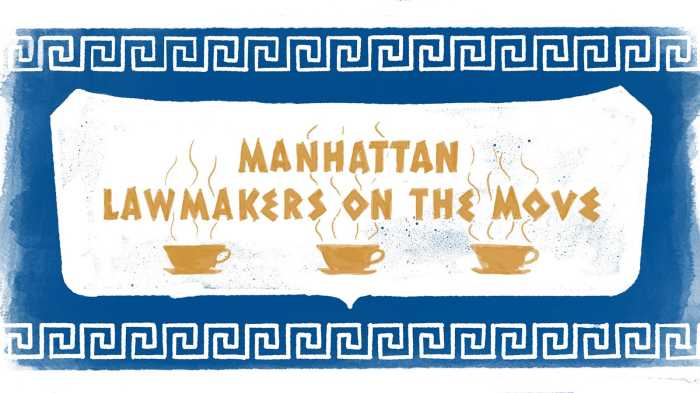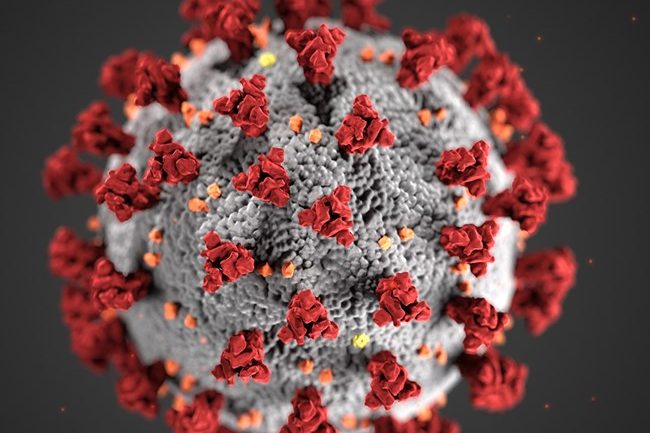Dr. Ted Long, Executive Director of the Test and Trace Corps, advised New Yorkers to “keep doing what you’re doing” at State Senator Liz Krueger’s Virtual Town Hall on Monday Afternoon.
State Senator Liz Krueger (D – Upper East Side, Lenox Hill) hosted a Virtual Town Hall yesterday afternoon with Dr. Long and Dr. Demetre Daskalakis of the NYC Department of Health and Hygiene. Krueger invited the public health officials to present on the State of the Pandemic: Preventative Strategies to Help Reduce the Spread of COVID-19 and Flatten the Second Curve.
A lot has happened since the emergence of COVID-19 earlier this year. The City’s testing infrastructure has rapidly expanded and we know more in general about how to safely prevent transmission, but people are concerned as the Holidays approach.
“We should not all be bungee jumpers with COVID-19,” said Dr. Daskalakis, in response to questions from community members about outdoor dining and Thanksgiving plans. In discussing “harm elimination” versus “harm reduction,” Daskalakis advised New Yorkers to trust their common sense and move responsibly in accordance to CDC guidelines.
Dr. Long and Dr. Daskalaskis first went through data (available online through the Health Department) that pointed out a “clear recent trend” of increased cases over the past week.
“We have the tools at hand to be able to drive these numbers down now, so we can prevent a larger peak,” said Daskalaskis.
Those tools include what is referred to as the Core Four: wearing a face covering, maintaining six feet of distance when possible, keeping good hand hygiene, and staying home if you feel sick. Dr. Long commended New Yorkers for sticking to those health guidelines. COVID-19 positivity rates are still low in New York compared to other big cities, and according to Dr. Long, it’s because New Yorkers are committed to the Core Four, and because they go out and get tested. Dr. Long recommended getting tested once per month if you see people.
“I’m not going to sugarcoat it – we’re in a precarious position as a city right now,” said Long. “That said, if you look across the rest of the country, they’re having an even harder time.”
Dr. Daskalakis outlined where transmission is most likely to occur—in indoor settings with large groups of people where there are no face coverings—and went on to describe what the City administration has done so far in response to the pandemic. In addition to the abundance of testing sites, big and small, that have been set up across the five boroughs, the Test & Trace Corps has been given additional resource to provide accommodations for people that test positive.
Through the Test & Trace Corps and the 212-COVID19 Hotline, Take Care services are available for free, including isolated hotel rooms, medical care packages, and food delivery. More details are available on the Test & Trace Corps and City Health websites.
Before moving on to the Q&A Session, the public health officials advised people to keep Thanksgiving close this year and not travel to other households. Dr. Daskalakis also recommended people get their flu vaccine. He ended the presentation by saying, “We, together, can keep New York City safe, but it all starts with getting tested.”
Senator Krueger congratulated Dr. Daskalakis for his new appointment at the CDC, where he will become the director of the HIV/AIDS Prevention Division starting in December.
The Q&A session, hosted by Krueger, started with questions about testing and moved on to the state of the virus in general. Dr. Long explained the differences between types of tests and encouraged everybody to use NY Health & Hospital sites, which administer safe and non-invasive tests.
He also addressed concerns about longer lines that people have seen, and talked about new self-swab kits that are being rolled out in Health & Hospital site lines. With these, people have the option of testing themselves in line, going home, and receiving results a day or two later.
Overall, Dr. Daskalaskis and Dr. Long agreed that New York’s second wave would be slower than the first and with a lower peak. However, there is an increase in cases and hospitalizations to be expected after the Holidays. The goal now is to minimize that increase.
A two-dose vaccine, possibly from Moderna or Pfizer, should be available in December or January, according to Dr. Daskalakis. However, he said not to “expect that the first landing of the vaccine in December will be all over the place.”
The vaccine is expected to become available along “phases of priority” which will last months each, starting with localized hospitals and with healthcare workers.
Krueger’s Virtual Town Hall concluded with her thanking the presenters, wishing New Yorkers a safe and happy Thanksgiving, and reminding everyone to follow the public health officials’ advice. The Senator’s next town hall is on Wednesday, Dec. 2, and will address the ongoing pandemic’s effects on mental health.
Stream Monday’s Town Hall from Krueger’s Facebook page here.









